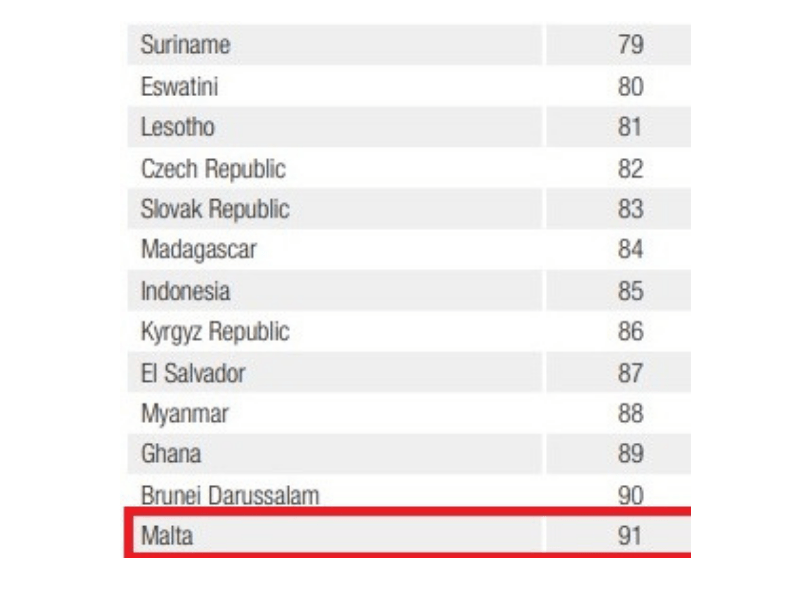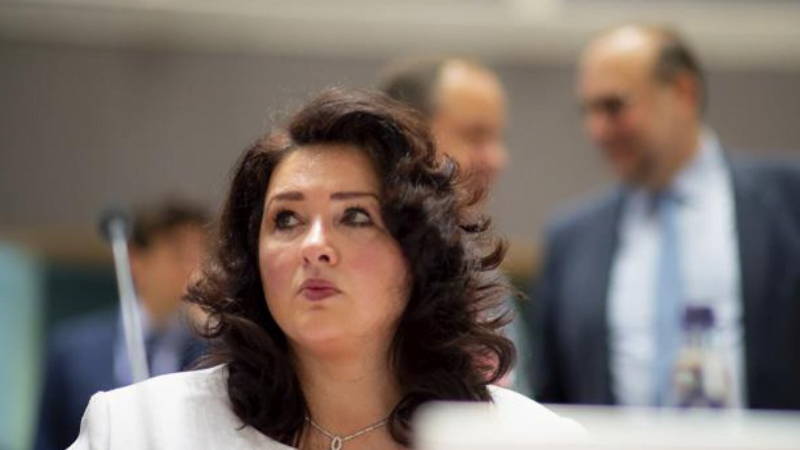Malta’s ‘most feminist government,’ as Joseph Muscat has sold it, has led the country to a ranking of 91 out of 149 countries in the annual Global Gender Gap report compiled by the World Economic Forum.
Even countries like Brunei, Kazakhstan, Cameroon, and Indonesia fared better than Malta. And we’re the envy of countries like Azerbaijan, which we surpassed by a couple of places.
The report is designed to rank every participating country in terms of the relative gaps between women and men, across four key areas: health, education, economy, and politics.
Not only does Malta place towards the bottom of the list globally, but it is second to last in terms of Western European countries with a gender gap of 30%.
Besides the fact that women in Malta are about as equal as women under the authoritarian Azerbaijani regime, the severity of domestic violence cases in the country are some of the highest in the EU.
Maltese women are also some of the lowest earners in Western Europe, ranking 106 for Economic Participation and Opportunity, 114 in Health and Survival, and 81 in Political Empowerment.
Malta does however rank 1st in terms of Educational Attainment which makes it apparent that despite the fact the country is producing highly educated women, that skill is not being sustained in the workforce usually because family responsibility is a burden society places on the mother.
While Malta has seemingly moved up by two places from last year, it is worth noting that there were a total of four new additions to the list in 2018 and the country’s actual score only improved by a measly 0.004 points.

By providing comprehensive sets of data and a clear method for tracking gaps on critical indicators, it allows countries to set priorities within their own economic, cultural and political contexts.
The report states: “The equal contribution of women and men in this process of deep economic and societal transformation is critical. More than ever, societies cannot afford to lose out on the skills, ideas and perspectives of half of humanity to realise the promise of a more prosperous and human-centric future that well-governed innovation and technology can bring”.
The aim of the report is to encourage countries to close the pay gap between men and women, help more women advance into leadership, and to hardwire gender parity into the future of work.
Read the report.












